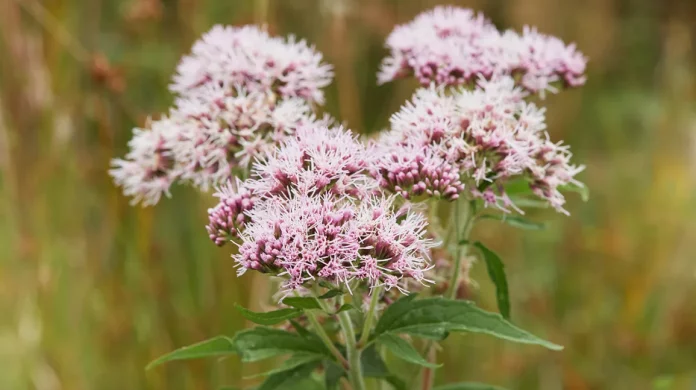This article is based on reporting that features expert sources.
U.S. News & World Report
More
If you’re looking for a natural option to help with anxiety in addition to, or instead of, other treatments like prescription anxiety medication, then you may be curious to know more about valerian root.
Valerian herb root and flowers with dropper bottle and mortar with pestle over oak background. Used as an alternative to valium in natural medicine.
(GETTY IMAGES)
Valerian is a plant originally from Asia and Europe, although it’s now also grown in North America. Valerian root has been used throughout time for its calming properties, and has earned the nickname “nature’s Valium,” says Dr. Alex Dimitriu, who’s double board-certified in psychiatry and sleep medicine and the founder of Menlo Park Psychiatry & Sleep Medicine in Menlo Park, California.
Because of its reputation as a source of calm, those who use valerian root say that it has helped with their anxiety. It’s also touted as a sleep aid, with benefits including improvement with deep sleep and helping someone to fall asleep faster, says Dr. Jacob Teitelbaum, a board-certified internist based in Kailua Kona, Hawaii, and author of “From Fatigued to Fantastic!” It helps some people improve sleep without the “hungover” feeling that certain sleep medications can cause, like those in a class called sedative hypnotics. This medication class includes benzodiazepines and barbiturates.
Valerian root also is used for headaches and premenstrual syndrome, according to the National Center for Complementary and Integrative Health, though there’s less research done to prove its effectiveness in these areas.
[ SEE: 9 Foods and Beverages That May Promote Calm. ]
How Does Valerian Root Work?
Valerian root is thought to be effective for anxiety because it has compounds that help calm the central nervous system, says Dr. Cindy Tsai, an integrative physician and life coach based in San Diego. It also is believed to increase levels of a calming neurotransmitter in the brain called gamma-aminobutyric acid, or GABA. This neurotransmitter can lower anxiety and stress




